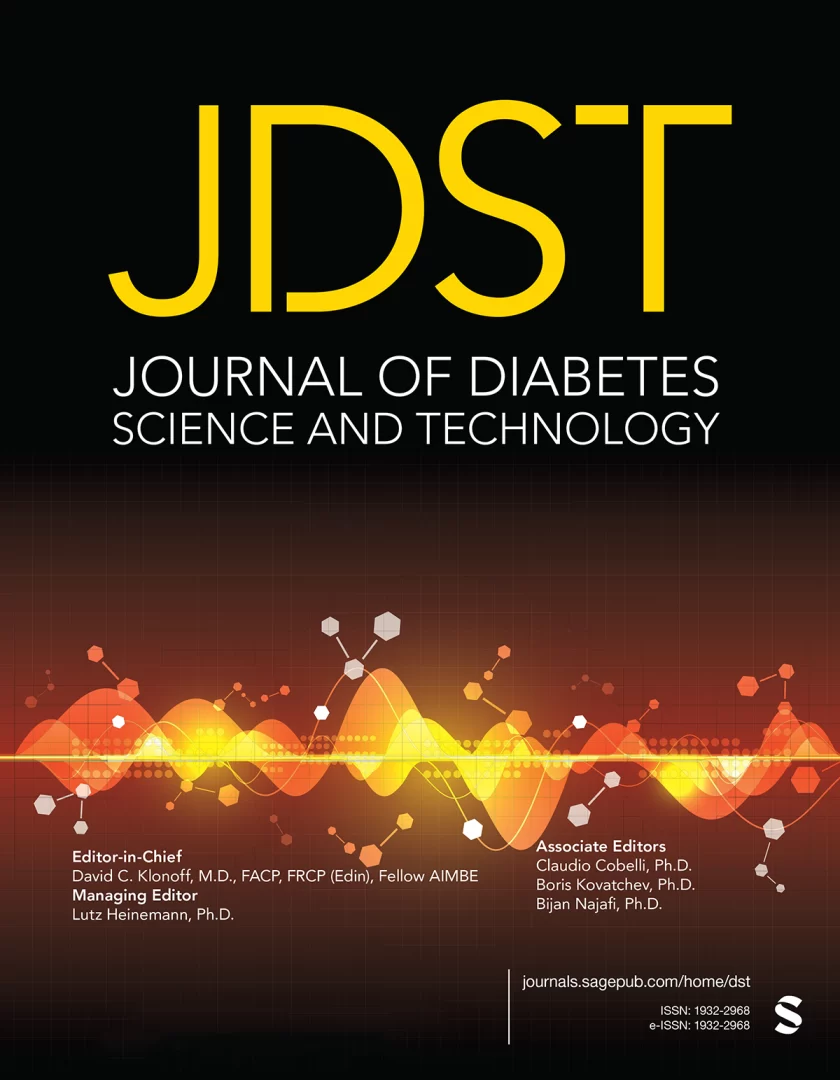Food Additives Might Raise Risk for Type 2 Diabetes, Study Finds

Original Article: https://www.medscape.com/viewarticle/how-everyday-food-additives-may-be-fuelling-t2d-2025a10008xj
Why Scientists Studied Food Additives
Food companies use additives to improve texture, taste, shelf life, and appearance of products. Earlier studies have shown that some additives might be harmful to human health. Most of this research focused on one additive at a time, even though people usually eat mixtures of additives every day. Scientists wanted to find out if these mixtures could affect people’s health, especially their risk of type 2 diabetes.
How the Study Was Done and What Was Found
Researchers followed over 100,000 adults in France for around 8 years. People recorded what foods they ate, including brand names, and scientists figured out which additives they consumed. They found five common mixtures of additives. Two mixtures—one mainly made of emulsifiers, preservatives, and a dye, and the other full of acidifiers, sweeteners, dyes, and emulsifiers—were linked to a higher risk of getting type 2 diabetes, even after accounting for overall diet quality. They also found that some additives could work together (synergistic effects) or cancel each other out (antagonistic effects).
What the Results Mean for Health
This was the first big study to look at how mixtures of food additives—not just single additives—could be connected to developing type 2 diabetes. The findings suggest that eating lots of processed foods with these additives might be a risk factor for diabetes. While the study can’t prove cause and effect, it supports public health advice to limit foods with unnecessary additives. Future research is needed to better understand how different additives might interact inside the body.

